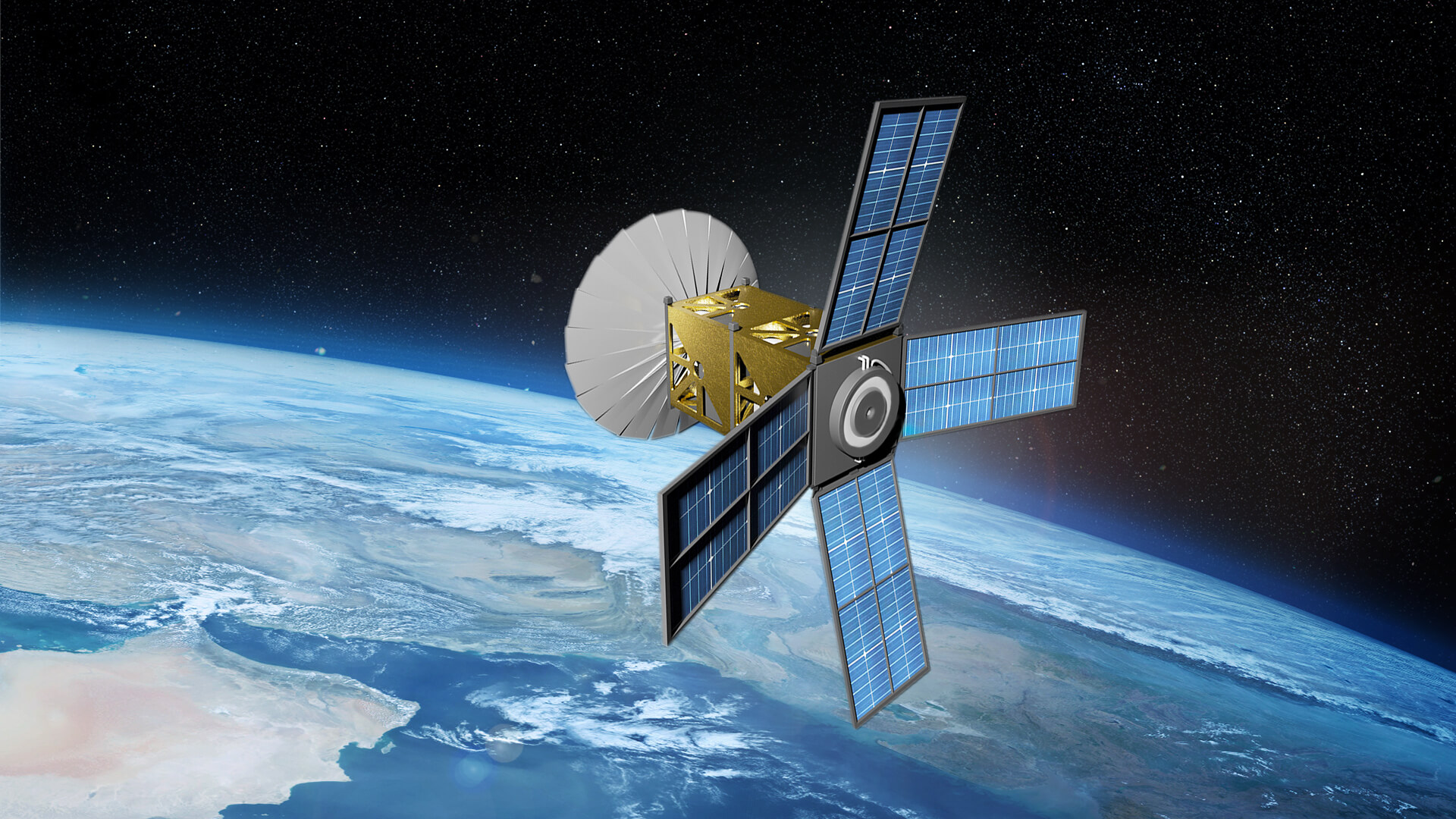Satellite Security Flaws Are Leaking the World’s Secrets — Here’s What You Need to Know”

In an age where cybersecurity dominates headlines, there’s one vulnerability flying quietly under the radar — satellites. These vital links in global communications are leaking sensitive information, including phone calls, texts, corporate data, and even military transmissions. The worst part? Much of this data is being transmitted unencrypted or with weak protections, leaving it wide open to interception.
How Is This Happening?
Many satellites, especially older or commercially operated ones, were not built with strong security in mind. They often rely on outdated protocols or broadcast signals without encryption. These transmissions can be easily captured with relatively inexpensive equipment — meaning you don’t need to be a government spy to listen in.
Researchers and hackers alike have demonstrated that satellite communications can be intercepted using basic tools like SDRs (Software-Defined Radios), which are widely available and legal to own. From weather data and ship tracking to private phone calls and login credentials, a shocking amount of unprotected data is floating through the sky.
Who’s at Risk?
-
Corporations: Business communications, financial transactions, and sensitive negotiations may be exposed.
-
Governments and Militaries: Troop movements, mission updates, and diplomatic messages can be intercepted if not encrypted.
-
Everyday Users: Remote workers, maritime crews, journalists, or anyone relying on satellite phones or internet services in rural areas could be unknowingly leaking private data.
 Why Isn’t This Being Fixed?
Why Isn’t This Being Fixed?
There are several reasons:
-
Cost: Upgrading or replacing satellites is incredibly expensive.
-
Lack of awareness: Many organizations don’t realize how vulnerable their satellite-based systems are.
-
Outdated infrastructure: Some satellites were launched decades ago, when data encryption wasn’t a priority.
What Can Be Done?
-
Use encryption at all endpoints: Even if the satellite isn’t secure, data can still be encrypted before transmission.
-
Push for stronger standards: Governments and international bodies need to enforce security protocols for satellite communication.
-
Raise awareness: Organizations must understand the risks and audit their communications infrastructure.
Bottom Line
The sky isn’t the limit — it’s the weak point. As we increasingly rely on satellites for everything from navigation to emergency response, we need to treat space-based communication as a critical cybersecurity frontier.
It’s not science fiction — it’s happening now. And it’s time the world started paying attention.


